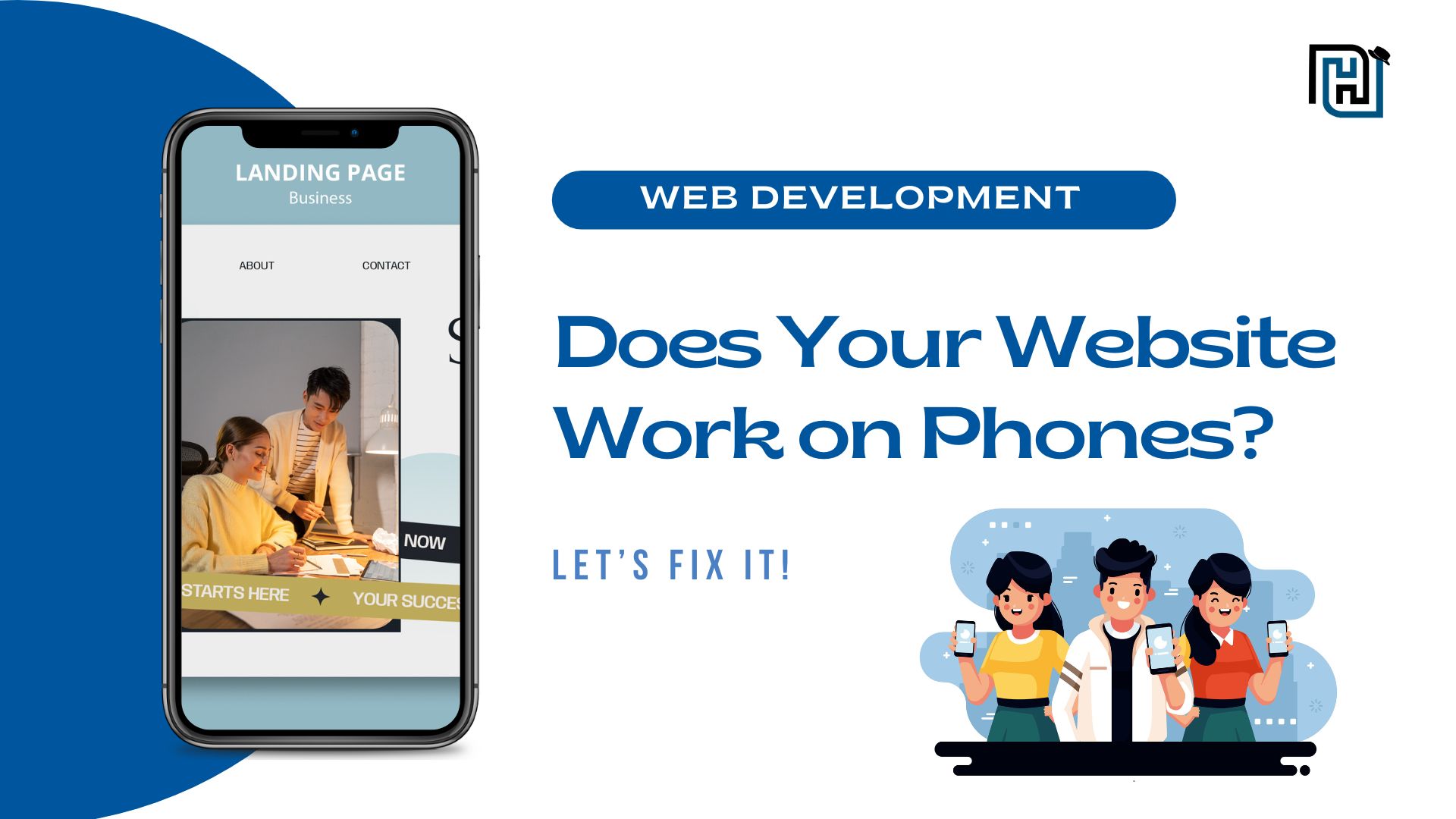What Gives You More Business Online: Mobile App or Website?

In today's digital era, having a strong online presence is crucial for businesses to thrive. Two popular avenues for establishing an online presence are mobile apps and websites. Both offer unique advantages and play significant roles in attracting customers and generating business opportunities. In this blog, we will delve into the pros and cons of mobile apps and websites, exploring their effectiveness in driving business growth. By understanding the strengths and limitations of each platform, you can make an informed decision about which option is best suited for your specific business needs.
Mobile Apps
Mobile apps have gained immense popularity over the past decade, thanks to the widespread use of smartphones. They offer businesses a direct and personalized way to engage with customers. A well-designed mobile app can provide a seamless user experience, optimized for mobile devices. Apps can leverage features such as push notifications, location-based services, and integration with device functionalities to deliver a highly tailored and interactive experience. They are particularly advantageous for businesses that aim to build brand loyalty, offer exclusive promotions, or provide a convenient platform for transactions. However, developing and maintaining a mobile app can be resource-intensive, requiring expertise in app development and regular updates to adapt to evolving mobile technologies.
Websites
Websites have long been a staple of online business presence. They serve as a central hub for information, showcasing products or services, and establishing credibility. Websites offer flexibility in terms of design, functionality, and content. They can be optimized for search engines, ensuring better discoverability and attracting organic traffic. Websites are accessible on various devices, including desktops, laptops, tablets, and smartphones, ensuring broad reach. Additionally, websites often allow for easy integration with third-party services, such as e-commerce platforms and analytics tools, enhancing business capabilities. Compared to mobile apps, websites generally have lower development costs and can be created using user-friendly content management systems. However, websites may lack the interactive and personalized experience that mobile apps can provide.
Mobile apps and websites are both powerful tools for businesses, but they have distinct advantages and limitations. Let's explore further to understand how each platform can contribute to your online business success.
User Experience
Mobile apps offer a highly immersive and intuitive user experience. With their ability to leverage device features and functionalities, such as camera, GPS, and sensors, apps can provide a seamless and interactive interface. Users appreciate the convenience and tailored experience that apps offer, leading to increased engagement and customer satisfaction.
Websites, on the other hand, provide a broader reach across multiple devices. They allow users to access information and make transactions without the need to download and install an app. Websites can be optimized for responsiveness, ensuring a user-friendly experience across different screen sizes. However, they may lack the level of personalization and interactivity that mobile apps provide.
Branding and Loyalty
Mobile apps excel in building brand loyalty and fostering a sense of exclusivity. By offering personalized content, rewards, and notifications, apps can create a strong connection with users. Brands can leverage push notifications to send targeted messages, promotions, and updates directly to app users, increasing customer engagement and retention.
Websites, on the other hand, play a critical role in establishing brand credibility and providing comprehensive information. They serve as a central hub where users can learn about your products or services, read testimonials, and access contact details. Websites enable customers to conduct thorough research before making a purchasing decision, contributing to trust-building and long-term customer relationships.
Cost and Maintenance
Developing and maintaining a mobile app can be more resource-intensive compared to a website. Apps often require specialized development skills, compatibility testing across different platforms, and ongoing updates to adapt to new operating system versions. However, once established, mobile apps can provide a consistent user experience and drive customer loyalty, making them a valuable long-term investment.
Websites, on the other hand, are typically more cost-effective to develop and maintain. Content management systems, such as WordPress or Shopify, offer user-friendly interfaces, allowing businesses to create and update website content with ease. Websites can also be optimized for search engine visibility, attracting organic traffic and reducing the need for paid advertising.
Reach and Discoverability
Mobile apps are primarily accessed by users who have downloaded and installed the app on their devices. This limits the reach to users who are aware of the app and willing to engage with it. However, apps can benefit from app store visibility, app reviews, and ratings, which can contribute to discoverability and user trust.
Websites, on the other hand, have the advantage of being accessible to a wider audience through search engine results and social media referrals. By employing search engine optimization (SEO) techniques, businesses can improve their website's visibility and attract potential customers actively searching for relevant products or services.
Conclusion
Both mobile apps and websites have unique strengths that can contribute to your online business success. While mobile apps offer personalized experiences and increased user engagement, websites provide broad reach, credibility, and cost-effectiveness. The decision between a mobile app and a website ultimately depends on your business goals, target audience, and available resources. By carefully evaluating these factors, you can determine the optimal combination or prioritize one platform over the other to maximize your online business potential.


.png)



Comments
Post a Comment